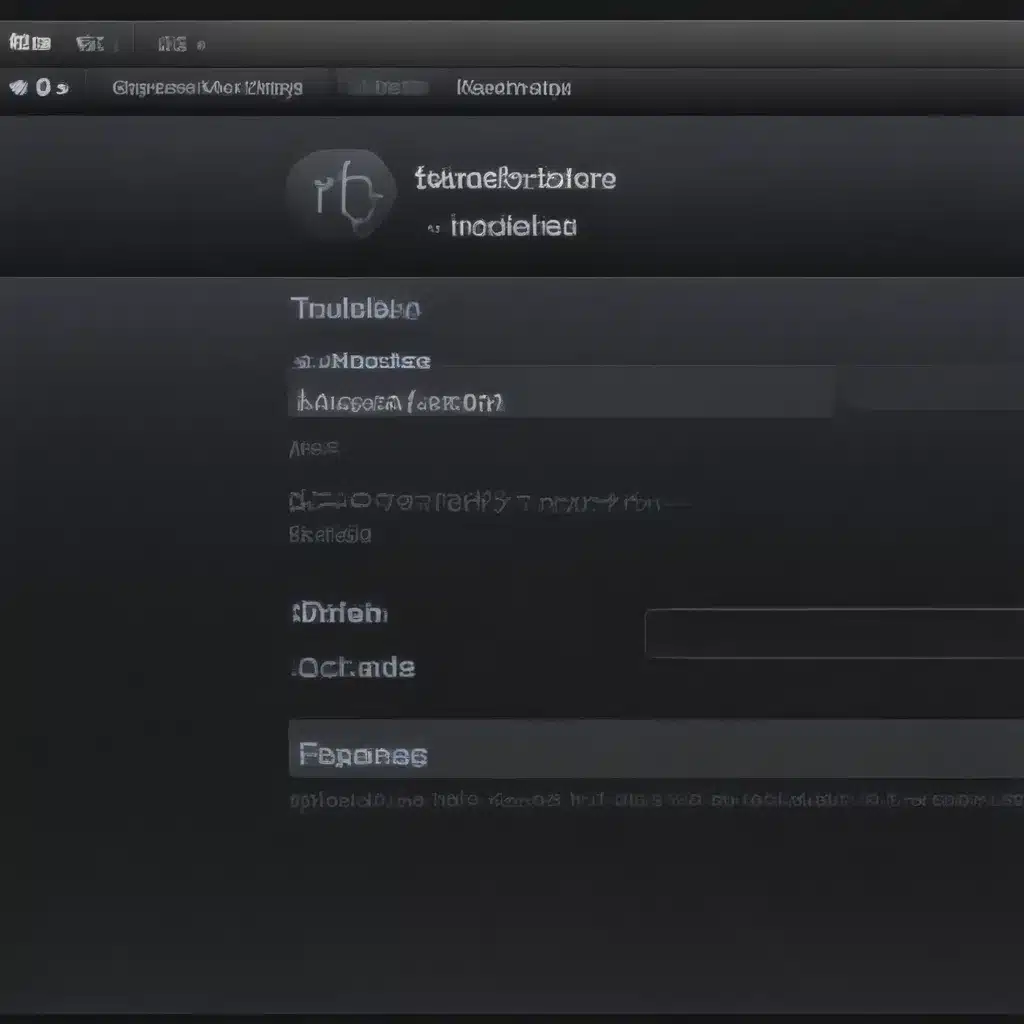Unreal Engine vs Unity: Game Engine Showdown
Introduction
As an indie game developer, choosing the right game engine can make or break your project. The two most popular options are Unreal Engine and Unity. Both engines have proven track records and dedicated communities. But which one is right for your needs? In this article, I’ll compare Unreal Engine and Unity across several key factors to help you make an informed decision.
Ease of Use
For beginners, Unity has a slight edge when it comes to usability. The interface is clean and simple to navigate. There are tons of high-quality tutorials available for free. Unity uses C# programming language, which is easier for novice coders to pick up compared to C++ used in Unreal.
However, Unreal Engine has been making strides in this area. The visual scripting system Blueprints allows designers to create gameplay mechanics without coding. The node-based material editor is also intuitive. While Unity may be simpler at first, Unreal can match it for usability with some learning.
Winner: Unity
Visual Fidelity
When it comes to creating jaw-dropping visuals, Unreal Engine is the clear winner. It is used to develop high-profile AAA games like Fortnite and Hellblade: Senua’s Sacrifice. The Unreal graphics pipeline is incredibly optimized. Advanced effects like global illumination, volumetric fog, and cloth simulation help developers push the boundaries of realism.
Unity has long been criticized for lackluster visual quality in games. However, Unity has added High Definition Render Pipeline for enhanced fidelity. Numerous AAA games like Oddworld: Soulstorm demonstrate Unity’s improved graphical capabilities. But Unreal’s pedigree and specialization in cutting-edge graphics is hard to beat.
Winner: Unreal Engine
Programming Language
Unity uses C# for scripting, a language vastly preferred by many game devs over C++ which Unreal uses. C# is easier to learn, more succinct, and has automatic memory management. However, C++ allows lower-level control that can benefit performance and optimizations.
Ultimately, if you prioritize rapid development and coding accessibility, C# and Unity may be preferable. But for complex systems and squeezing out performance gains, Unreal’s C++ focus shines. This category comes down to project needs and programmer preference more than an objective winner.
Winner: Tie
Platform Support
Unity triumphs when it comes to deploying to multiple platforms. Its “build once, deploy anywhere” philosophy is unmatched. You can publish to over 25 platforms including Windows, Mac, Linux, iOS, Android, consoles and AR/VR headsets.
Unreal Engine has traditionally focused on PC, console and mobile. But it has been expanding its platform support lately with plugins and improvements. Still, Unity’s superior cross-platform capabilities give it an edge for indie developers looking to cast a wide net.
Winner: Unity
Multiplayer Support
For creating multiplayer games, Unreal Engine has more robust offerings built-in without the need for additional plugins. The Gameplay Framework and Replication Graph simplify networking. And backend services like GameLift allow for dedicated servers and matchmaking.
Unity’s Multiplay service offers similar backend solutions. But networking for multiplayer games generally requires more elbow grease in Unity compared to Unreal’s expansive toolkit. Unity’s upcoming Netcode for GameObjects shows promise to improve its multiplayer story.
Winner: Unreal Engine
Asset Store vs Marketplace
Both engines have large asset libraries for purchasing art, 3D models, code snippets and other game development resources. The Unity Asset Store contains much more volume with over 40,000 assets. It has a wider selection across multiple categories and genres.
The Unreal Marketplace has around 10,000 assets but is growing. Its offerings tend to cater more toward photorealistic 3D art. For sheer variety and quantity, Unity’s store can save devs a ton of production time and costs.
Winner: Unity
Licensing Fee
Unity uses a “freemium” model where basic licensing is free until a project reaches $100K revenue or funding. Pro and Enterprise plans then cost from $40 to $1500 per month. There are no royalties.
Unreal Engine is completely free to start including full source code access. Once a product ships, 5% gross revenue royalties kick in. For high-earning titles, this can get pricey, but there’s flexibility for indies and small studios.
For hobbyists and early-stage indies, Unity has barely any upfront cost. But teams scaling up successful titles may find Unreal’s royalty model more affordable long-term.
Winner: Tie
Verdict
Ultimately, there is no definitively “better” engine. Both Unreal and Unity can produce high-quality games.
For beginners, Unity tends to be more accessible. It excels at multiplatform deployments and offers a wealth of assets through its store. But intermediate and advanced developers will appreciate Unreal’s unparalleled graphical fidelity and C++ power.
Evaluate your team’s skills, project scope, and target platforms. Weigh the differences highlighted here based on your unique needs. While the engines take different approaches, both Unreal and Unity are capable tools in skilled hands. Pick the engine that feels right for your game and team workflow to set your project up for success.













